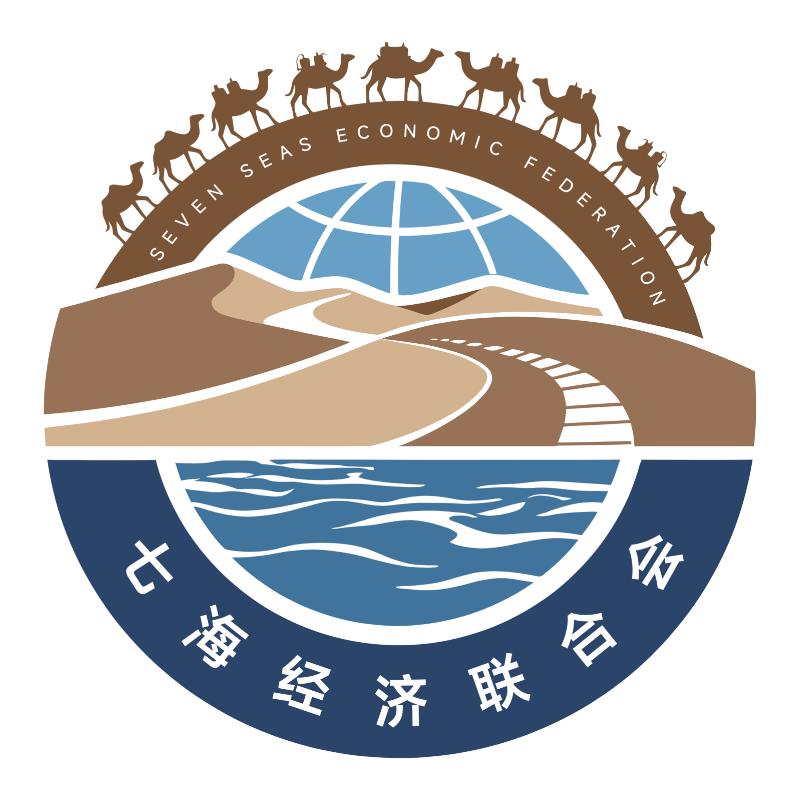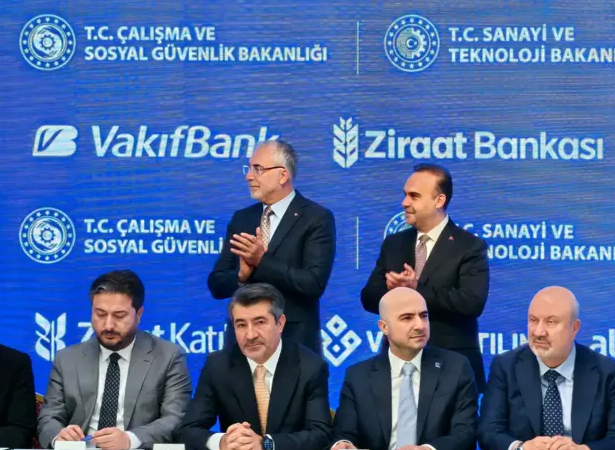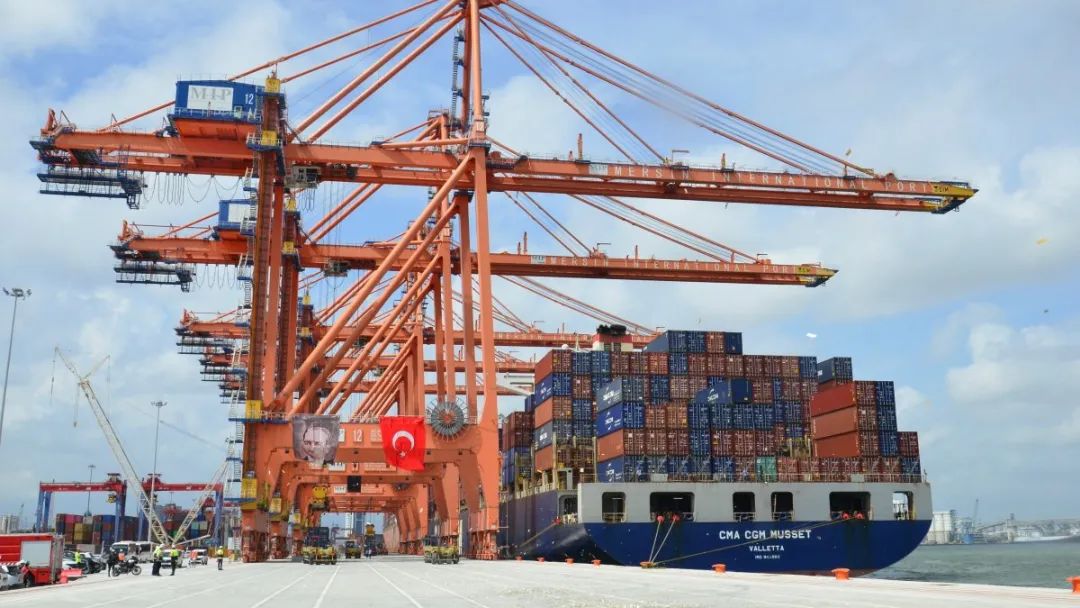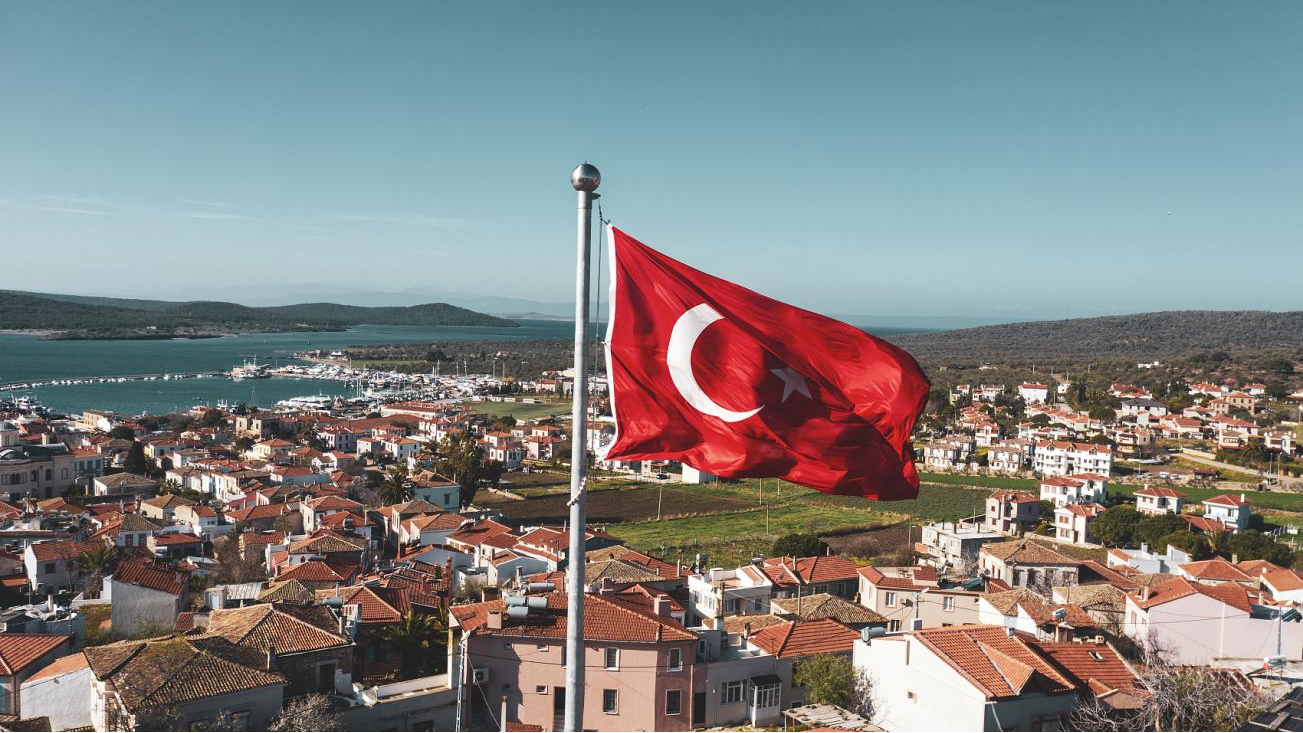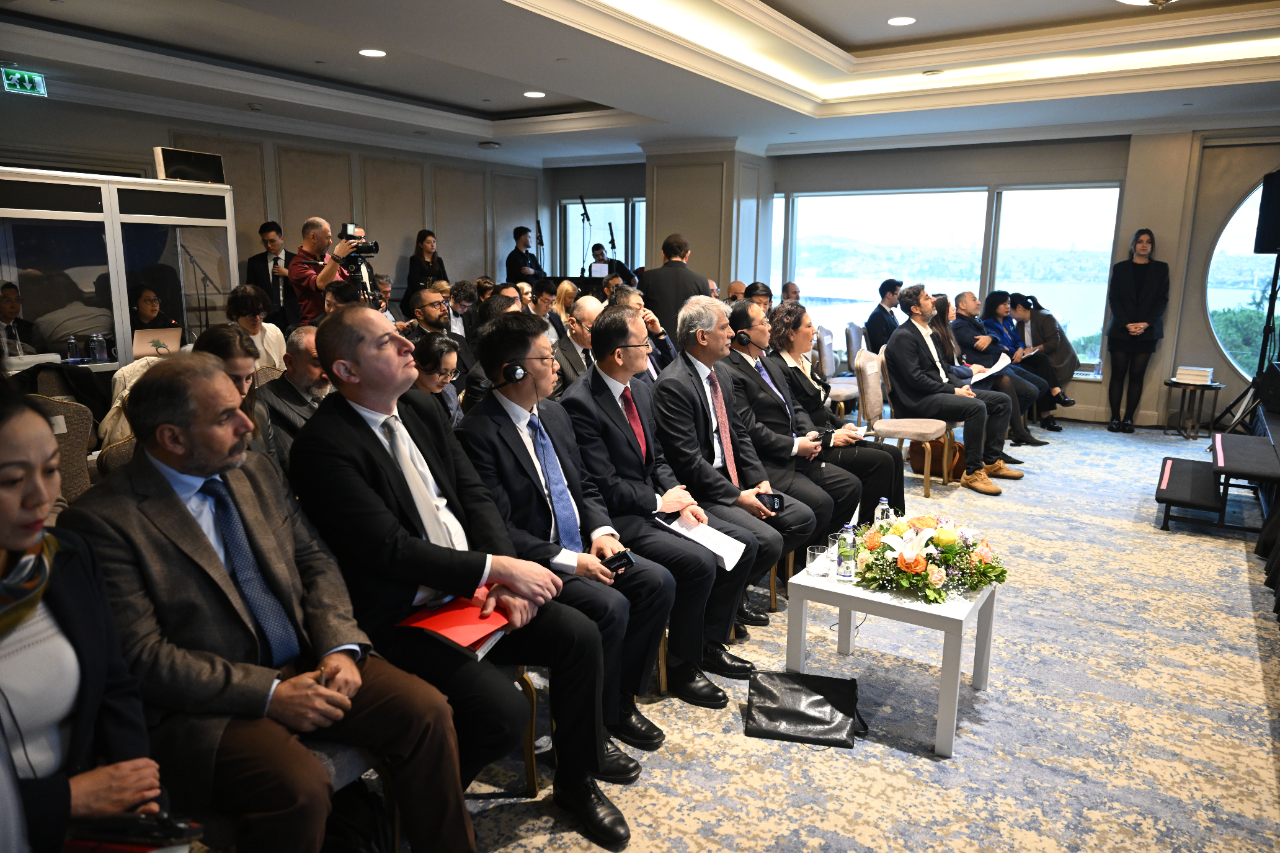Investment advice and typical cases in China
1 Investment advice
Before 2016, Türkiye's political situation was generally stable, its economy developed rapidly, and its investment environment was improving day by day, which was favored by foreign investors. On the whole, Türkiye's investment environment has advantages in the following aspects: (1) The economic aggregate is rising rapidly. At present, Türkiye is the 17th largest economy in the world. (2) The location advantage continues to be highlighted. Located at the junction of Asia, Europe and Africa, Türkiye has become a distribution center for goods, services, personnel, capital and technology. (3) The local market is expanding day by day. Türkiye's people have strong consumption capacity and advanced consumption concept. (4) The overseas market is becoming increasingly vast. Türkiye is a member of the EU Customs Union and has signed free trade agreements with more than 20 countries or regions. At present, there are still many free trade agreements under negotiation. (5) The labor supply is sufficient and the quality is good. Since 2016, Türkiye has become less attractive to foreign investment due to political changes. Especially since 2020, affected by the COVID-19, Türkiye's economy has faced a severe test. The economic contraction has led Türkiye to face the pressure of currency depreciation and high inflation. As of October 19, 2020, the exchange rate of Türkiye lira to US dollar was about 7.92:1, which was more than 33% lower than that at the beginning of the year, close to the lowest point in history. Chinese enterprises planning to invest in Türkiye should do a good job of investigation in advance to understand the latest situation in Türkiye and avoid unnecessary investment risks.

Conduct a thorough risk assessment
When Chinese enterprises invest in Türkiye, they should fully analyze various investment risks, including political risks, exchange rate risks, legal risks, cultural risks, etc., objectively assess potential risks, establish targeted internal emergency early warning mechanisms, and formulate risk response plans. For example, in terms of exchange rate risk, since 2001, Türkiye has abandoned the fixed exchange rate policy and implemented the free floating currency exchange rate system, which is vulnerable to large fluctuations caused by external factors such as political and economic factors. The uncertainty of the lira has become one of the most important factors affecting Türkiye's foreign investment and foreign trade.
Strengthen compliance research
With the continuous development of economic and trade relations between China and Türkiye, more and more Chinese enterprises are aware of Türkiye's extremely important geographical location and potential consumer market, and choose to invest in Turkey. There are many departments and laws involved in investment management in Türkiye, including the Commercial Code, the Foreign Direct Investment Law, the Foreign Trade Law, the Customs Law, the Law on the Prevention of Unfair Competition in Imported Products, the Free Economic Zone Law, the Law of the Government on Export Promotion Tax Measures, the Foreign Investment Framework Act and other documents. Before investing in Türkiye, Chinese enterprises must thoroughly understand local investment laws and policies, and fully consult local lawyers, accountants and other professionals.
Value cultural differences
The official language of Türkiye is Turkish, and English is not popular in Türkiye. Therefore, when Chinese enterprises go to Türkiye to carry out investment and cooperation, they should respect the local culture, fully consider language communication issues, and recommend employing professional Turkish translators to avoid obstacles caused by language barriers. In addition, Chinese enterprises can organize various activities to promote foreign employees' understanding of Chinese culture and strengthen their cultural identity.
Establish a good cooperative relationship
Chinese investors can strengthen their connections with local enterprises, establish good cooperative relationships, enjoy local preferential policies, and improve the success rate of cross-border investment. According to Türkiye's laws, local enterprise bidders can enjoy 15% price priority over foreign enterprise bidders, which makes it difficult for foreign enterprises to participate in Türkiye's local industrial and civil construction, roads, bridges and other projects. Chinese investors may consider adopting a combination of investment and engineering contracting, and choose to cooperate more with local enterprises.

2 Typical Investment Cases
Case 1
Shanghai Electric Power Investment's Hunutu coal-fired power plant project starts construction
Case Overview
On September 22, 2019, the project of Türkiye Hunutru Coal fired Power Plant was fully started. The project is jointly funded by Shanghai Electric Power Co., Ltd., AVIC International Complete Equipment Co., Ltd. and Türkiye investors, with a total investment of about 1.7 billion US dollars. The three parties hold 78.21%, 2.99% and 18.8% of the shares respectively. Shanghai Electric Power Co., Ltd. is the controlling party. The project construction mainly includes coal-fired power plants and dedicated coal terminals. Two 660 MW ultra supercritical power generation units will be built, with a planned total installed capacity of 1320 MW, and supporting facilities for flue gas desulfurization and denitrification will be constructed. After the project is put into operation, it can supply 9 billion kilowatt hours of electricity annually.
Main Practice
The project is designed in strict accordance with EU environmental protection requirements, local requirements of Türkiye, international general standards, specifications and relevant technical standards. The technology of reducing coal consumption, cost and emissions is adopted to effectively improve the economy, energy conservation and environmental protection of the project and contribute to the economic development of Türkiye. At the same time, the project department has closely contacted the local chamber of commerce, established a local material and subcontracting resource library, formulated local personnel management measures, introduced 6 local teams, and employed nearly 600 people locally. The first unit of the project will be put into commercial operation by the end of 2021, and the second unit will be put into commercial operation in 2022.
Case 2
COSCO, China Merchants and CIC jointly acquired Türkiye's third largest port
Case Overview
On September 16, 2015, COSCO Pacific Limited, China Merchants International Limited, and China Investment Corporation Overseas Direct Investment Co., Ltd., subsidiaries of China COSCO Shipping Group, jointly established a Luxembourg company through their respective holding companies and invested approximately $900 million to acquire approximately 65% of the shares of Kumport Container Terminal in Istanbul. In the tripartite consortium, COSCO Pacific, China Merchants International, and CITIC Overseas hold 40%, 40%, and 20% equity respectively. Kumport, the third largest container terminal in Türkiye, is located in Amballi port area on the northwest coast of the Marmara Sea, occupying an important geographical position at the junction of Eurasia, is the throat between the Black Sea and the Mediterranean Sea, and is also a strategic fortress along Türkiye's "Silk Road Economic Belt" and "21st Century Maritime Silk Road".
Main Practice
Considering financing and overseas project acquisition experience, COSCO Pacific has chosen to cooperate with China Merchants International and CITIC Overseas Direct Investment Co., Ltd. China Merchants Group Co., Ltd., the parent company of China Merchants International, is a large Chinese enterprise group stationed in Hong Kong with a century of history. It has rich experience in port, highway, energy transportation, and logistics operations. China Investment Corporation Overseas is the overseas direct investment business platform of China Investment Corporation Limited. The cooperation between the three companies has achieved a strong alliance. Seize the opportunity to jointly build the "the Belt and Road". China actively promotes the joint construction of the "the Belt and Road", and the port container logistics service industry has long-term development potential. This successful acquisition is an important achievement in implementing the "the Belt and Road" initiative, which not only brings predictable long-term returns, but also improves China's network layout in global ports. Conduct thorough research on the acquisition target. The target of this acquisition Kumport Terminal has strong competitiveness in the Türkiye market, which not only brings stable financial returns, but also has the potential to expand the terminal customer base. It has been proven that conducting sufficient research before an acquisition is beneficial for companies to develop more comprehensive business plans.
Case 3
Industrial and Commercial Bank of China Limited acquires Türkiye Textile Bank
Case Overview
Industrial and Commercial Bank of China Limited signed a share purchase agreement on April 29, 2014 to purchase 75.5% of the issued shares of Türkiye's Tekstil Bank from Türkiye's GSD Holding Company at a cost of $316 million. Tekstil Bank, founded in 1986, has 44 branches, more than 900 employees, holds the Türkiye Savings Bank license, and is mainly engaged in corporate banking, SME banking and retail banking. The transaction was completed on May 22, 2015, and ICBC became the largest shareholder of Tekstil Bank and successfully entered the Türkiye market.
Main Practice
After the completion of this acquisition, Industrial and Commercial Bank of China conducted multidimensional integration of Tekstilbank. Firstly, Industrial and Commercial Bank of China has promised Tekstilbank employees not to proactively lay off employees within 2 years and to do its best to retain talent; Secondly, Industrial and Commercial Bank of China adopts a strategy of seeking common ground while retaining small differences to integrate Tekstilbank's business and culture. In addition, Industrial and Commercial Bank of China has integrated Tekstilbank's customer resources, further improving the bank's international layout and enhancing its financial service capabilities for customers in China and Turkey.
